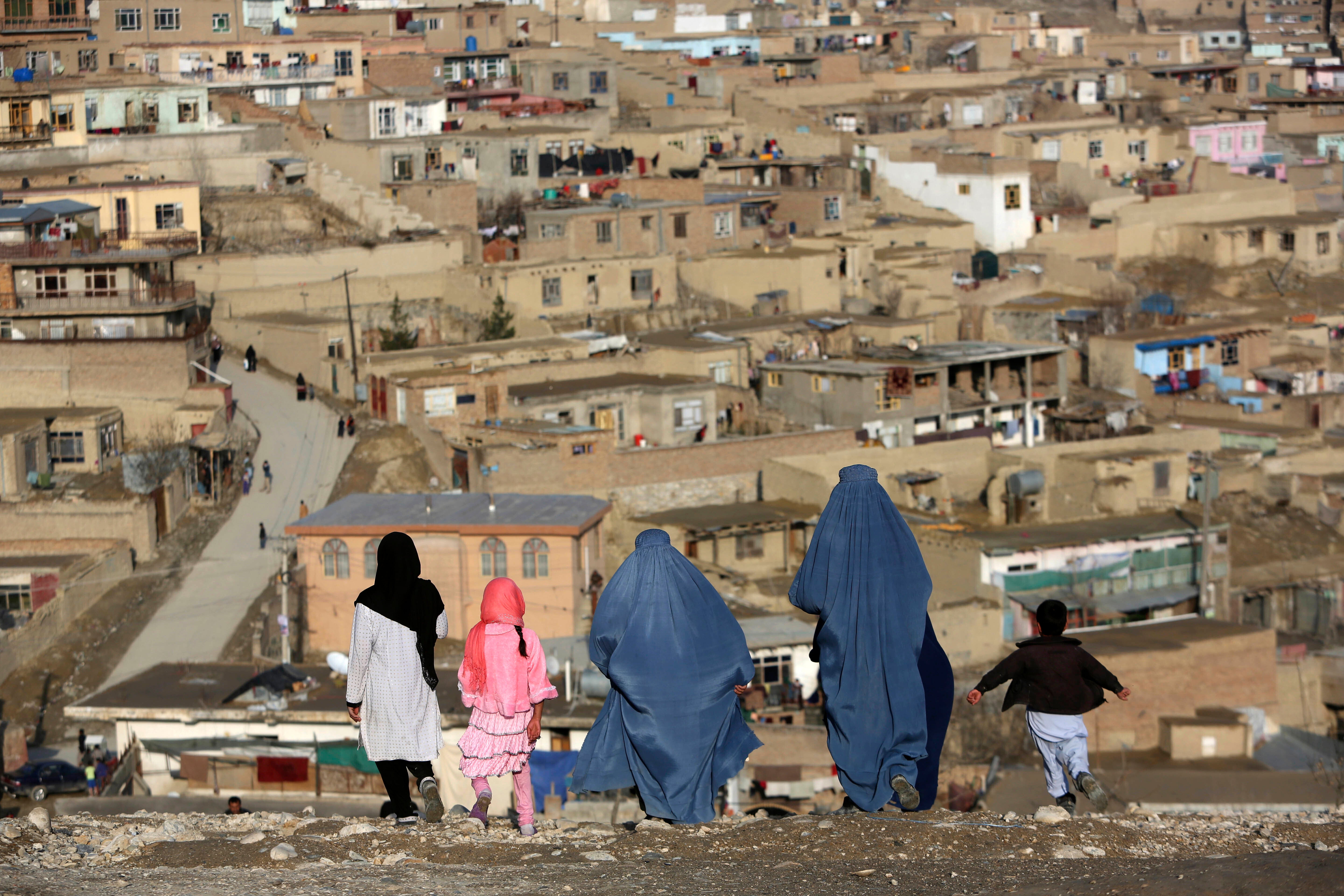Afghanistan's Taliban order women to wear burqa in public
Afghanistan’s Taliban leadership has ordered all Afghan women to wear the all-covering burqa in public

Your support helps us to tell the story
From reproductive rights to climate change to Big Tech, The Independent is on the ground when the story is developing. Whether it's investigating the financials of Elon Musk's pro-Trump PAC or producing our latest documentary, 'The A Word', which shines a light on the American women fighting for reproductive rights, we know how important it is to parse out the facts from the messaging.
At such a critical moment in US history, we need reporters on the ground. Your donation allows us to keep sending journalists to speak to both sides of the story.
The Independent is trusted by Americans across the entire political spectrum. And unlike many other quality news outlets, we choose not to lock Americans out of our reporting and analysis with paywalls. We believe quality journalism should be available to everyone, paid for by those who can afford it.
Your support makes all the difference.Afghanistan’s Taliban rulers on Saturday ordered all Afghan women to wear the all-covering burqa in public, a sharp hard-line pivot that confirmed the worst fears of rights activists and was bound to further complicate Taliban dealings with an already distrustful international community.
The decree evoked similar restrictions on women during the Taliban's previous hard-line rule between 1996 and 2001.
“We want our sisters to live with dignity and safety,” said Khalid Hanafi, acting minister for the Taliban’s vice and virtue ministry.
The Taliban previously decided against reopening schools to girls above grade 6, reneging on an earlier promise and opting to appease their hard-line base at the expense of further alienating the international community.
That decision disrupted efforts by the Taliban to win recognition from potential international donors at a time when the country is mired in a worsening humanitarian crisis.
“For all dignified Afghan women wearing Hajib is necessary and the best Hajib is chadori (the head-to-toe burqa) which is part of our tradition and is respectful,” said Shir Mohammad, an official from the vice and virtue ministry in a statement.
The decree added if women had no important work outside it is better for them to stay at home. “Islamic principles and Islamic ideology are more important to us than anything else,” Hanafi said.